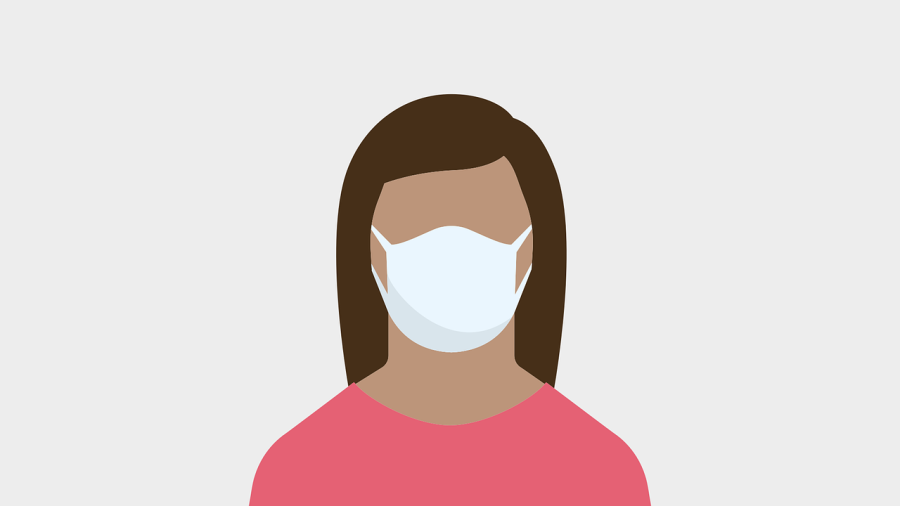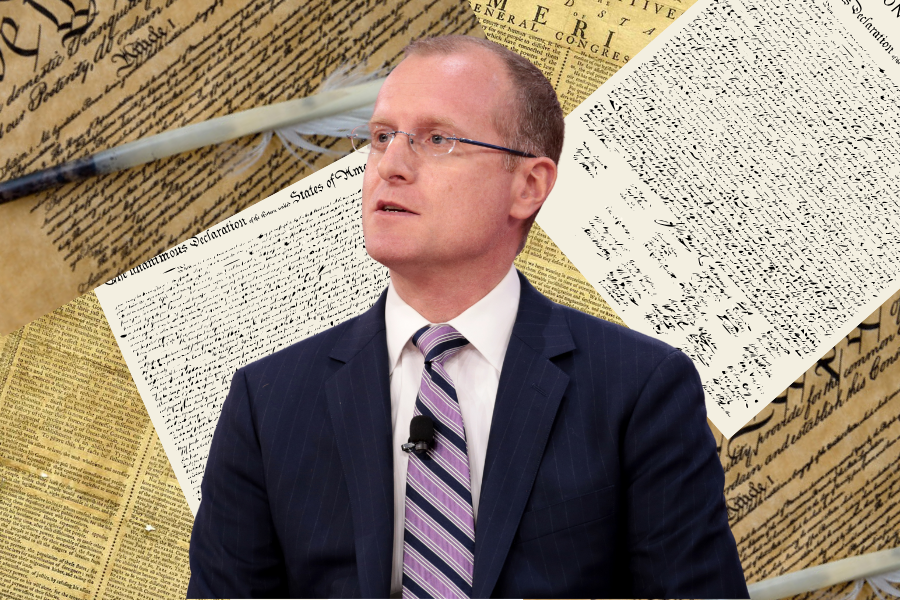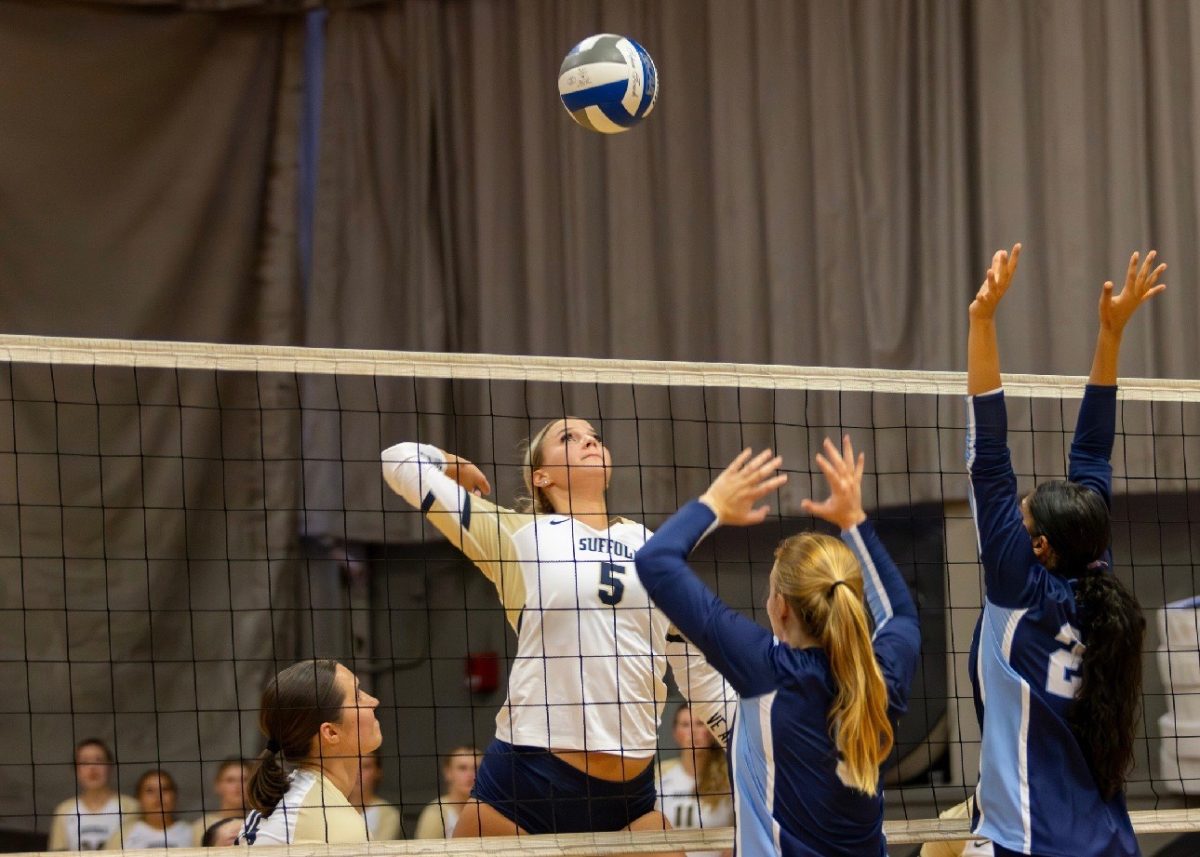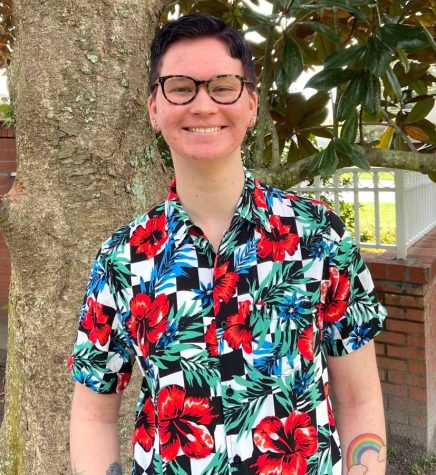With a remarkably disruptive second half of the spring semester due to COVID-19, it only seems fair that students are given some flexibility when it comes to their grades.
Suffolk University has recognized that students are facing hardships during these times. On March 26, the university enacted a policy that allows students to choose to replace any letter grade with a pass or fail grade to appear on their transcript for each of their classes.
This was done to “acknowledge the challenges” faced by students as a result of this crisis, Provost Julie Sandell said in an email to Suffolk honors students. However, administrators in the College of Arts and Sciences (CAS) Honors Program have persistently urged students in the program to choose not to convert letter grades for their transcript. This is unfair and unreasonable to suggest during this pandemic.
On May 8, Sharon Lenzie, assistant dean of the College of Arts and Sciences, said in an email to CAS honors students that higher education institutes or employers may “frown upon” a “P” grade on a transcript. This seems like a bold assumption to make, as these circumstances are unprecedented.
Universities such as Cornell University and Harvard University are not requiring applicants to submit SAT scores with their applications. If Ivy League universities are not requiring SAT scores from undergraduate student applicants, it seems unlikely that schools would frown upon a “P” grade from graduate student applicants.
All students are facing difficulties with academics with this transition, and honors students are no different.
Suffolk has a large number of international students and considers one of its strengths to be its diverse student population. As classes were moved online, students have been working from their homes in different parts of the world. Many are not originally from areas in the Eastern Time Zone.
As a result, for many students, class times are not what they would have been on campus in Boston. For example, when it is 4 p.m. in Boston, it is 11 p.m. in Moscow. This could cause a number of complications, such as students having to choose between sleep and class or having to attend class online at an uncomfortable time.
It is often stressed how important attendance is to class performance. But in these circumstances, attendance could be harmful to a student’s well-being. Time zone differences disturb sleep schedules, which affects how well students can function. As a result, their grade could suffer.
Sudden shifts in schedules, work environments and social groups can significantly increase stress levels. This can negatively affect academic performance, as they have been uprooted from their typical learning environment.
College is an experience that calls for flexibility, as it involves adjusting to a new and often unfamiliar environment. However, this is not reason to put added pressure on honors students with regard to their grades. It is simply unfair that the Honors Program burden high-achieving students with this rhetoric.




















